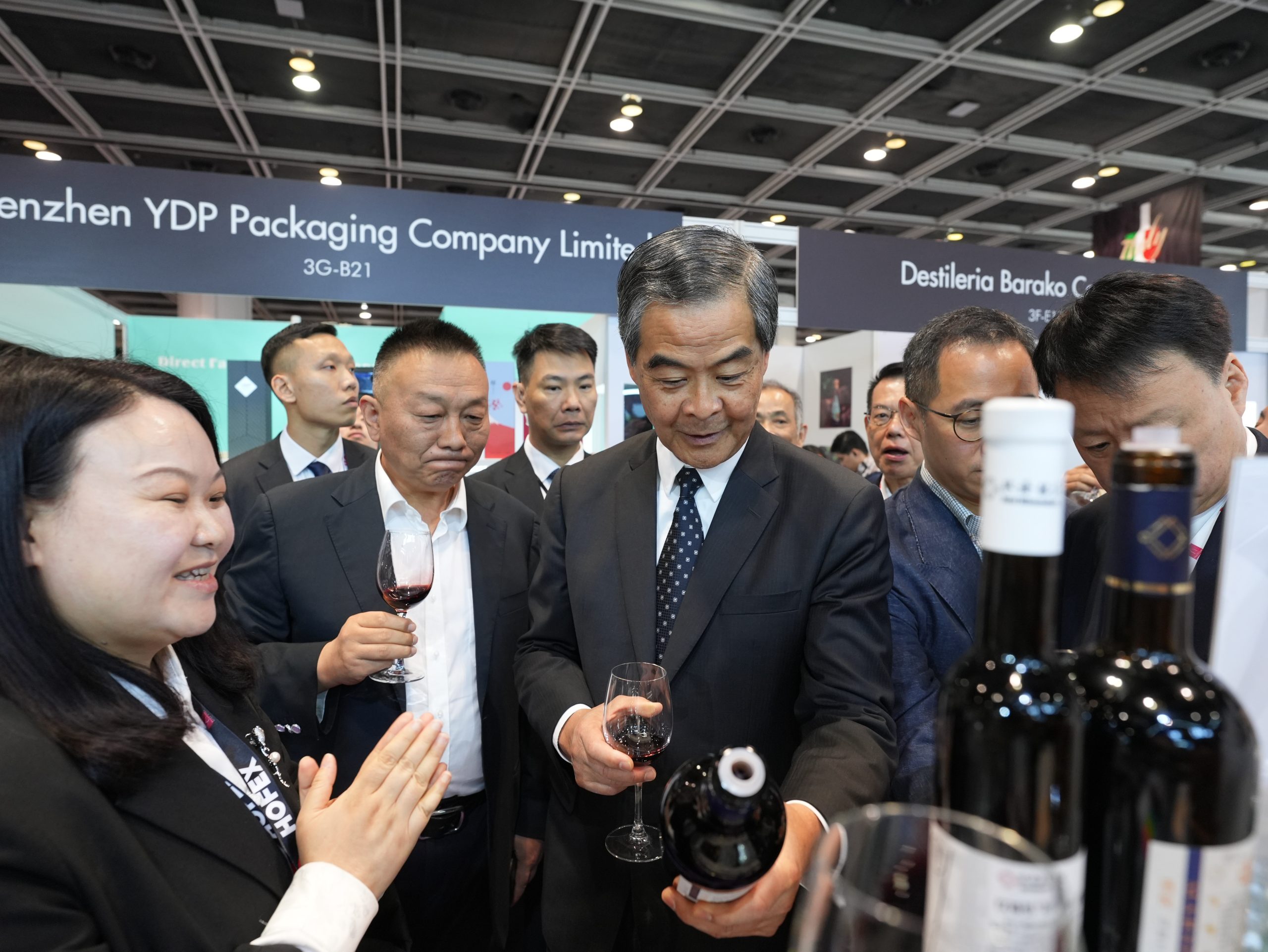Jancis Robinson uncorks en primeur debate
As Bordeaux warms up for en primeur season, Jancis Robinson MW has voiced her concern about the practice of publishing scores before châteaux have released their prices.
Her fear is that château owners use a high score to inflate their prices. In short, she feels, “Stepping a long way back from the whole business of being a diligent reporter, I can see that I play a part in a process that really does not benefit the consumer.”
Responses from fellow critics highlight the problem of implementing Robinson’s proposal that they join together in holding back scores.
Robert Parker raised concerns about “collusion”, while Thomas Matthews, executive editor of Wine Spectator, argued that a low score from critics can have a deflationary effect on prices.
As the drinks business does not publish its own scores on Bordeaux, it is possible to comment on this issue from a rather more neutral perspective.
There is no doubt that this is an important topic that is overdue for an airing among those who are actually in a position to make a difference to the system.
At the risk of oversimplifying a thorny issue, it appears to be the magic score which is the problem, rather than the tasting note. In this respect, perhaps it matters not so much when the scores are released, but rather that they are released at all.
Unfortunately, the definitive nature of scores is what makes them so attractive for consumers and château owners alike in their constant desire to label a wine the “best”. Is Beethoven better than Brahms?
Surely it is the tasting note which is, or should be, the most useful tool in helping a consumer decide whether a particular château is producing to the style and quality level they are seeking.
Tasting notes may be highly inconsistent from critic to critic, but so too are scores. At least with a tasting note you have some chance of understanding the process which leads a critic to declare a wine excellent or otherwise.
Partner Content
Unlike a score, the tasting note allows some room for the notion that wine is a subjective area. In time, you learn which critics most closely represent your own palate, as well as those who are likely to advocate a style you do not enjoy.
Especially in a scenario such as Bordeaux en primeur, where the wines are so far from being their finished selves, it seems dangerous to give anything so definitive as a score. This is especially the case when the liquid provided as en primeur samples may not be the same concoction that ends up in the bottle.
Sadly, on the basis that consumers and the press have an enduring obsession with league tables, we must reluctantly accept that scores are here to stay.
However, at least some of their distorting effect could be mitigated by critics taking the responsible decision to hold back scores until the châteaux have released prices.
To refer back to Matthew’s comment, a low score may prevent a price hike, but how many châteaux have actually lowered their prices in recent years?
This is an important discussion on an issue which for the sake of wine lovers (rather than wine collectors) deserves to be explored fully and honestly.
We can but hope that fellow critics begin to come round to Robinson’s request, rather than continue to lamely defend the status quo.
The debate continues on Robinson’s site, Purple Pages. To follow its progress so far, click here
Gabriel Savage, 24.03.2011





Would it not be better if journalists simply refrained from judging unfinished wines, thus avoiding distorting the market with their comments on premature wines ? After all, how anyone can make a serious and credible evaluation after tasting what is a constantly evolving, living product after barely a single tasting is quite beyond me.
This is a good idea and one that was done in 2002 vintage which did have the effect of keeping prices down until at least the end of the negocients allocating all their wines
I wish RP would follow your example
Alan Rayne
Magnum Fine Wines
This whole ‘scores’ business has become a rubber-stamp for the lemmings who flock to buy famous name wines so that they can tick the boxes in their cellar books, thereby pricing real wine-lovers out of the market. Of course you can’t judge a wine when it’s still in cask. I never judge a wine until it’s been in bottle for at least six months, and then there’s no guarantee that readers will agree with me, and nor should they if they don’t want to. Buy a bottle! Taste it! If you like it, buy it again! If not, don’t. It’s as simple as that.
JR
The notion that lower scores for Bordeaux result in lower prices is wishful thinking. It’s like saying that a restaurant lowers the price of main courses after a bad review in the Times, or that movie tickets drop a couple bucks if Ebert gives a thumbs-down review.
Just look at 2007 Bordeaux. Low scores across the board, prices remained high. Only the economic crisis knocked the prices down for 2008. Scores had absolutely nothing to do with it.
I think Jancis has the right idea: Let the producers set prices (just as movie studios or restaurateurs do), then have the critics weigh in. It’s better for the fairness of the market as well as for good, critical guidance for consumers.
Many academically trained winemakers respect both the artistic and scientific components of the winemaking craft. Given this, there is no scientific logic in the practice of SUBJECTIVE wine evaluations by any single palette (mostly self-qualified by the way) resulting in anointing a wine with a numeric and therefor by definition, ABSOLUTE and completely OBJECTIVE score. In fact, objectivity and subjectivity are mutually exclusive and conflicting concepts. That said, numeric scores from qualified panel reviews have a sense of legitimacy as they are products of various perspectives and can be considered somewhat balanced.
Lafite 2009 was first sold by the Negociants at €550 per bottle, which at the time equated to roughly £5,500 per case. However, the London release price of this same wine was £13,500. That is a difference of +/- £13, 000, pretty much 30 times the price laid by the chateau.
If the chateau didn’t pocket the difference, who did?
2009 provoked much talk among the trade of the laissez-faire approach to pricing from the Bordeaux Place, with demand from China often following on quickly. The British wine investment market doubled in 2010 on the basis of re-sale to China, both British and to some extent the US investors have probably had as much of a role in price formation (skywards) as the Chinese.
Yet, if we look at 2009 it is currently down 2% overall on its London release price, hardly making it a good buy. In the long-term, it is improbable that anyone would lose money on a stellar vintage. However, in the event of another high-quality high-priced vintage one does ask what to do?
http://www.dittonwinetraders.co.uk/blogSingle.asp?id=94